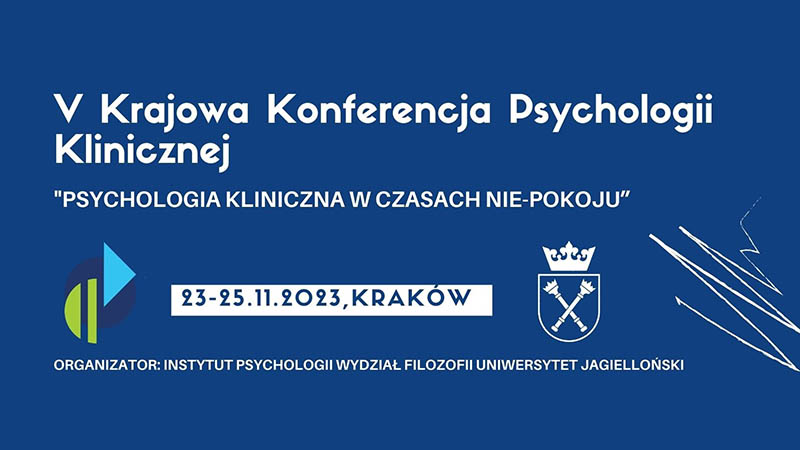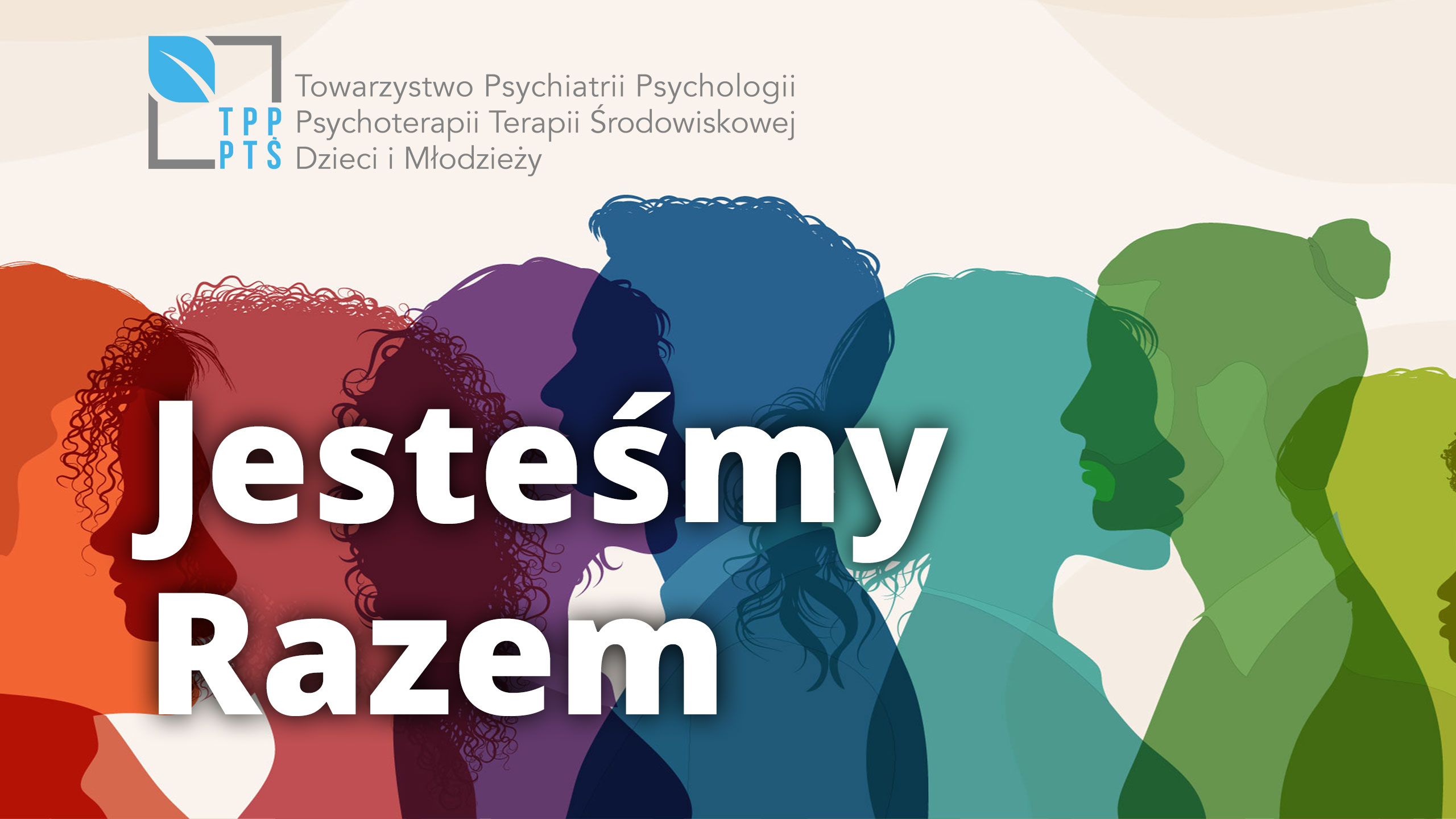Early causes of emotional disturbances in visually impaired children
Joanna Gładyszewska-Cylulko
 Affiliacja i adres do korespondencji
Affiliacja i adres do korespondencjiVisual impairment is often associated with emotional disturbances: excessive fearfulness, sleep problems and a tendency to be passive in social encounters. Researchers agree that these are not due to the disability itself, but to other obstacles that a blind or visually impaired person comes across in their development, since the development of a child with visual impairment is determined not only by biological factors but also by social ones. Some obstacles occur already at the earliest stage of a child’s life and disrupt their emotional development. The factors to which particular attention should be paid include pain associated with medical procedures, strong parental stress (which makes it difficult to adjust to the new role and affects the child’s well-being) and problems in mutual mother–child communication caused by the lack of reception of visual stimuli. Some disruptions are hard to prevent, however, others may be mitigated in order to decrease the risk of emotional disturbances at a later age. Unfortunately, sometimes parents or specialists are not aware of the fact that the foundations for abnormal behaviour may develop as early as in infancy or the neonatal and even prenatal period. The primary way of preventing emotional disturbances is to make the individuals close to the child aware of the importance of the right attitude towards a small blind or visually impaired child. This attitude should take into account the child’s limitations, developmental potential and needs in various areas of functioning.















